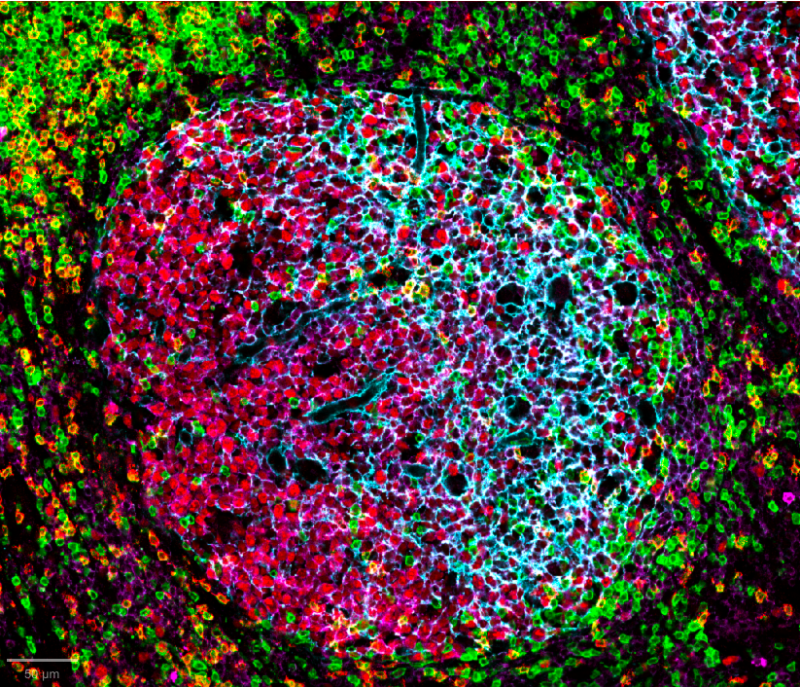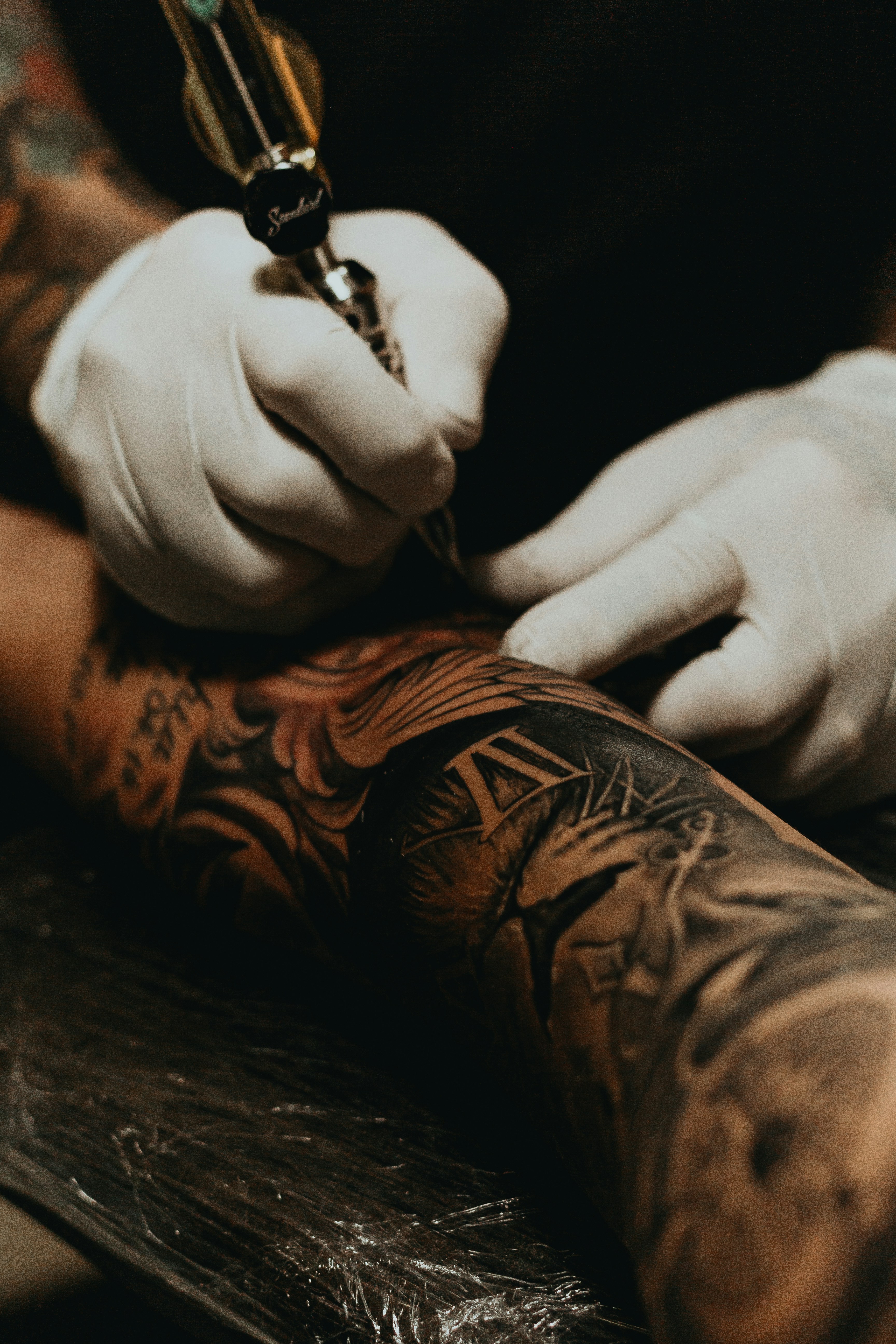· News · 2 min read
Proefdiervrij grant awarded
Luc receives funding to develop human-relevant immune models.


Luc’s Proefdiervrij grant funds human tissue models for immune research
Researchers have long relied on animal models to study immunity (e.g., mice, rats or the actual original guinea pig) to understand how the body fights infections. But these models often fall short when translating findings to humans. Now, Luc and his team are trying to tackle this gap with a new approach: human tissue slices derived from tonsils.
Funded by the Dutch society for the replacement of animal testing, Stichting Proefdiervrij, Luc’s project cultivates living tissue slices that preserve the natural structure and function of human tonsil tissue. This allows scientists to observe how immune cells interact in a human context, a critical step toward more relevant research.
Why this matters
- Human relevance: Tonsils are our frontline defense against respiratory infections, studying them in humans avoids the biological translation issues that plague animal models.
- Speed: Traditional models can take years to yield results. Luc’s method using human tissues, that hopefully mimic real human immunity, can accelerate research significantly.
- Ethics: By minimizing animal use, this work aligns with ethical research principles and reduces unnecessary harm to living subjects.
The path forward
Luc’s team is now optimizing tissue culture conditions and are testing vaccine responses. The goal is to build a robust platform for studying immune responses, particularly in germinal centers, enabling targeted therapies for human diseases.
This isn’t just about better models. it’s about research that works better for humans. With the Proefdiervrij grant, Luc is building a foundation for immunology that’s both scientifically rigorous and ethically grounded.

